【新唐人2012年4月16日訊】外媒報導,第二炮兵政委張海陽上將與薄熙來是世交,有可能捲入薄熙來案件。近期張海陽行蹤不明,引髮香港媒體猜測。但「二炮」的政治部主任殷方龍出面表態服從中央。另外,中共中央軍事委員會副主席郭伯雄再赴成都軍區,要求「確保一聲令下能夠迅即出動」。胡錦濤與薄熙來的軍隊勢力拉扯,令人關注。
香港《明報》報導,「二炮」政委張海陽4月以來沒有露過面。而香港《星島日報》14號也在報導中推測,前重慶市委書記薄熙來的案件,可能波及中共軍隊高層。
報導說,導彈部隊─解放軍第二砲兵13號在《人民日報》發表文章表示忠心,但卻不是以政委張海陽的名義發表,而是以他的下屬----政治部主任殷方龍的名義,這引發張海陽「確實出事」的猜測。美國媒體稍早時候曾經報導,與薄熙來世交的張海陽捲入了「薄熙來案」,但消息一直沒有得到證實。
63歲的張海陽是前中共中央軍委副主席張震的兒子,與解放軍總後勤部政委劉源上將都與薄熙來關係密切。而劉源是已故中共國家主席劉少奇的兒子,他們一同被視為「軍中太子黨」。
時事評論員文昭表示,胡錦濤雖然總體控制了軍隊,但現在必須清除軍中敵對勢力的影響,而他在軍方派系之間尋求支持,仍須借重各軍種的負責人。
時事評論員文昭:「胡錦濤他現在相對於他的對手而言,他在軍隊是有絕對優勢的,因為他得到軍隊最主要負責人的支持,但是你要說他對軍隊掌握的那麼牢靠,我想他自己也並不是特別有底,所以他要控制軍隊的話,他還是要假借於人的。越是形勢緊張時候,他越要保證對軍隊的絕對控制吧。」
中共中央軍事委員會副主席、中央政治局委員郭伯雄,近期前往成都軍區調研時呼籲,官兵要「更加緊密地團結在以胡錦濤同志為總書記的黨中央周圍」,一切行動聽從「中央軍委和胡主席指揮」,並且確保一聲令下能夠迅速立即出動,堅決完成任務等。
同時,中共黨政軍近來也有人出來高調表態,擁護中共中央對薄熙來的處理,軍方將領也不例外,包括胡耀邦女婿的海軍政委劉曉江上將,他在《人民日報》撰文呼籲勿打探、聽信、傳播所謂「小道消息」。
不過,政論家伍凡表示,軍隊對如何處理薄熙來,持有不同的看法。
政論家伍凡:「沒有幾個省市這一級別領導人出來講話,支持胡錦濤,軍隊那幾個軍委的頭頭,下面的各個大軍區,不同的七大軍區,都不出來講話,武警到現在無論是司令也好,政委也好,都不出來講話,胡錦濤通過中央軍委的頭頭,還是控制不了軍隊,這對胡錦濤來講,是非常致命的威脅。」
他認為,郭伯雄再次去成都軍區,表示那裏有薄熙來近幾年建立的關係,胡錦濤要把那些與薄熙來像「鐵哥們」的高級將領們搬過來,不是那麼容易。
而殷方龍在《人民日報》刊發的文章中也極力呼籲,在遇到「講感情」與「講原則」難以統一情況時,個人之間、上下級之間的「小情小義」,要服從中共事業發展需要的「大情大義」。
政論家伍凡:「他怎麼渡過這個難關﹖胡錦濤有甚麼本事﹖他唯一的本事最好把『軍隊國家化』,那個軍隊就跟你走了,你不是用共產黨管理軍隊,用國家管理軍隊。」
伍凡說, 目前軍中已有所謂的「雜音」,要求軍隊「非黨化」、「非政治化」,軍人不願再當「中共的黨衛軍」和走狗,因此有許多軍官不願意服從中央軍委胡錦濤下的命令。
採訪/劉惠 編輯/周平 後製/周天
==================
Bo's Case May Involve Army Chiefs
Non-Chinese media reported of General Zhang Haiyang,'
a close friend of Bo Xilai, potential involvement in Bo's case.
Zhang is Second Artillery Corps (SAC)' political commissar,
and is missing, which is talked about by Hong Kong media.
At the same time, the SAC director of political department,
Yin Hailong publicly announced loyalty to the Central Committee of the Chinese Communist Party (CCP.)
The Vice Chairman of the Central Military Commission,
Guo Boxiong also visited Chengdu Military Region.
Guo demanding that the troops prepare
for immediate reaction to any command.
All these moves have attracted more attention on the war
between Hu Jintao and Bo Xilai to grab the troops' control.
Hong Kong's newspaper Ping Pao recently reported about
the disappearance of the political commissar of Second Artillery Corps Zhang Haiyang since April.
On April 14th, another Hong Kong newspaper Sing Tao Daily
said Bo's case could involve CCP's military leaders' groups.
On April 13th, missile forces' Second Artillery Corps posted
an article in People's Daily, calling for loyalty to Hu Jintao.
However, the announcement was not made
under the name of the political commissar Zhang Haiyang.
Instead, the name of his subordinate, the director
of political department Yin Hailong, was shown there.
This immediately led to speculations on Zhang's status.
US media reported earlier that Zhang as one of Bo Xilai's
intimates might be involved in his case.
The 63-year-old Zhang Haiyang is the son of Zhang Zhen,
former Vice Chairman of the Central Military Commission.
He has close relationship with Bo Xilai and General Liu Yuan,
the political commissar of General Logistics Department and a son of the former CCP State Chairman Liu Shaoqi.
Zhang and Liu are both regarded
as princelings in the army.
Political commentator Wen Zhao remarked
that Hu Jintao managed to control the military overall.
However, he still needs to eliminate
the remaining forces from his opponents.
Therefore he still has to rely on heads of different troops
to win more support from the various military factions.
Wen Zhao: ”Hu Jintao has overwhelmed his opponents
in the army, as he is supported by the key military chiefs.
But probably even Hu himself still can't say he has full
confidence and a complete control over the military.
Thus he still has to rely on other military chiefs, especially
when in need of absolute control in emergency conditions.”
The Vice Chairman of the Central Military Commission
and CCP's central Politburo member, Guo Boxiong recently visited Chengdu Military Region.
He demanded that the troops “unite more closely around
the CCP's Central Committee led by Comrade Hu Jintao,”
“follow all commands from the Central Military Commission
and President Hu”,
and assure immediate action to commands and
commitment to accomplishing missions.
At the same time, other military leaders also stood out
to support the Central Committee's decision on Bo's case.
For example, the political commissar of Navy and son-in-law
of the former CCP secretary Hu Yaobang, General Liu Xiaojiang wrote in People's Daily on the issue.
In his article he appealed for no investigating, trusting in
or spreading the so-called “rumors.”
However, political commentator Wu Fan believes there are
still different opinions in CCP's army on how to deal with Bo.
Wu Fan: ”Till now there have been few provincial chiefs
standing out to support Hu Jintao.
The heads of all the seven military regions still keep silent.
In the Armed Police system, no commander or political
commissar has said anything about Bo's case.
This suggests that Hu is unable to control the whole army
just by several heads of Central Military Commission.
This is really a critical threat to him.”
Wu Fan believed that Guo Boxiong's visit to Chengdu had
aimed at Bo's relationships formed in the last several years.
It wouldn't be easy for Hu Jintao to win support
from these intimates of Bo Xilai.
Yin Hailong's article in People's Daily calls for sacrificing
personal or sectional “relationship.”
This is to cater for a “more important relationship” needed
for CCP's development, especially when those two “relationships” contradict each other.
Wu Fan: ”How can Hu Jintao manage
such a difficult situation? What can he do?
In my opinion, the best move would be
to nationalize the army.
If you use the army for the country, rather than for the CCP,
then the army will be willing to follow what you say.”
Wu said further that many “different voices” in the army
would require a non-partisan and non-political army.
Soldiers don't want to be CCP's lifeguards any more, thus
many officers were unwilling to follow Hu Jintao's orders.
看下一集
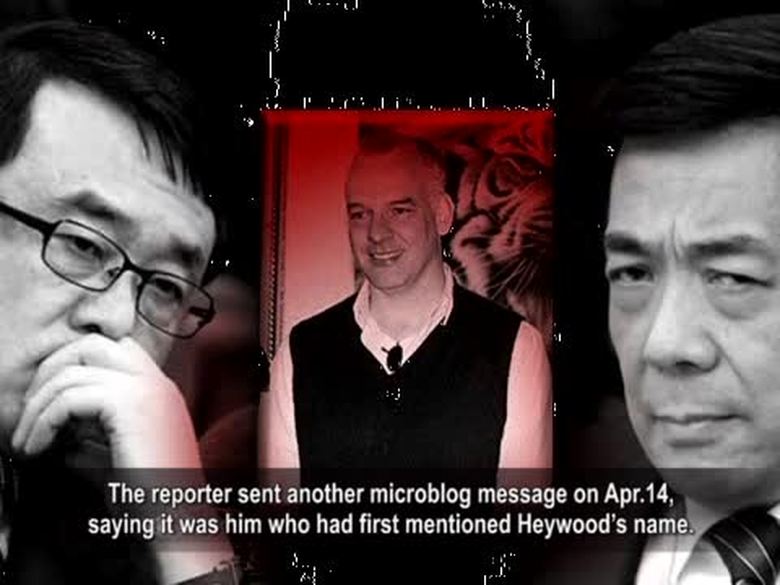
【禁聞】為掩姦情及洗錢 傳薄下令殺海伍德
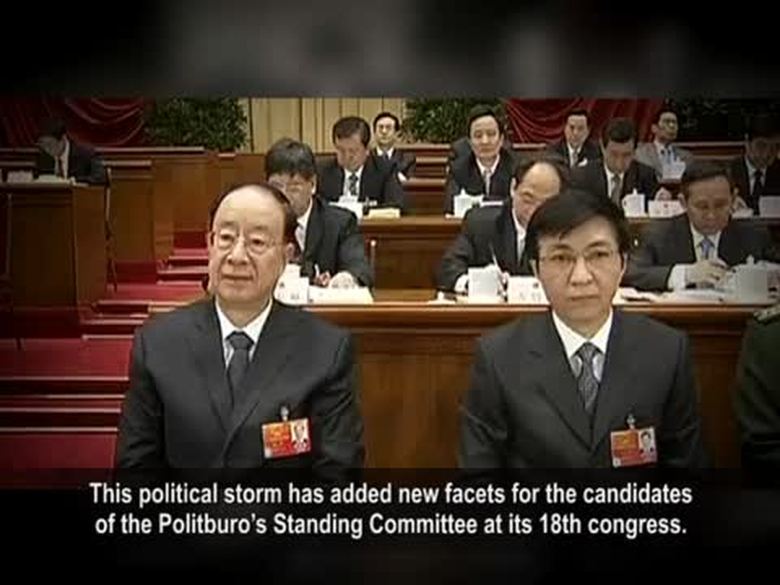
【禁聞】傳胡錦濤擬恢復七常委 徹底清江派
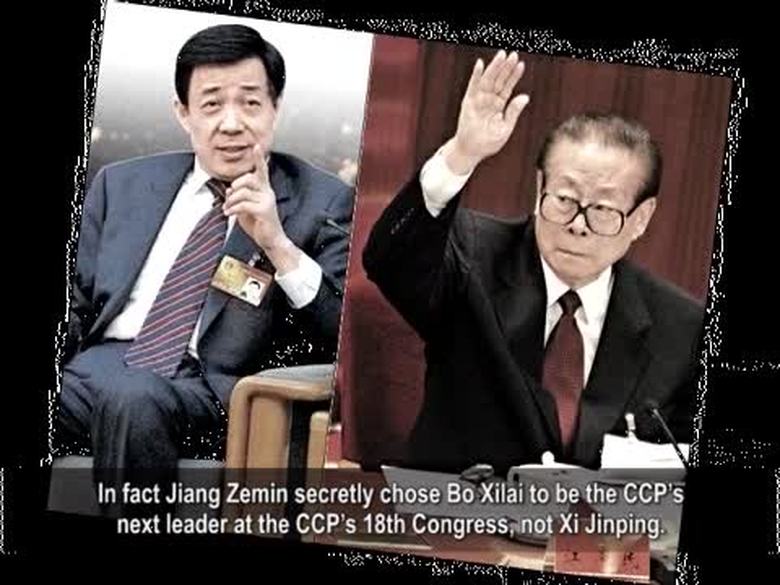
【禁聞】習近平接班背後驚人內幕被揭

【禁聞】習近平接班背後驚人內幕被揭
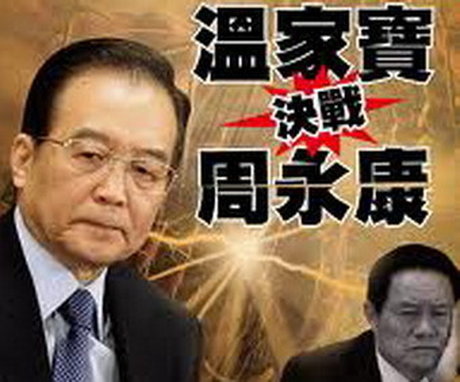
【禁聞】胡耀邦忌日 溫家寶發文劍指周永康
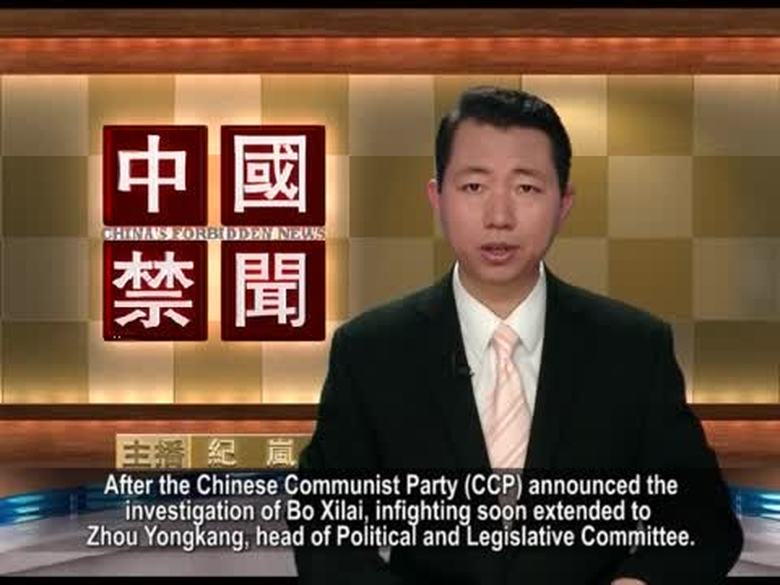
【禁聞】周永康去留成焦點 溫習力主調查
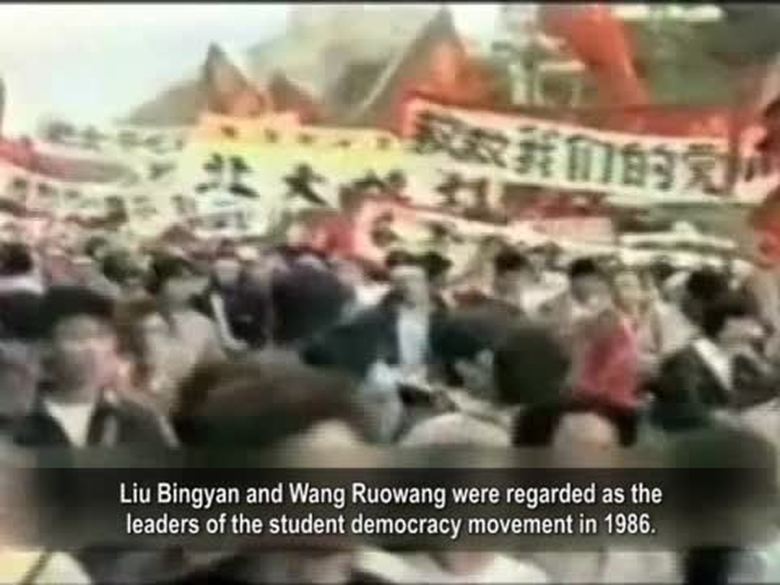
【禁聞】方勵之如何能魂歸故里
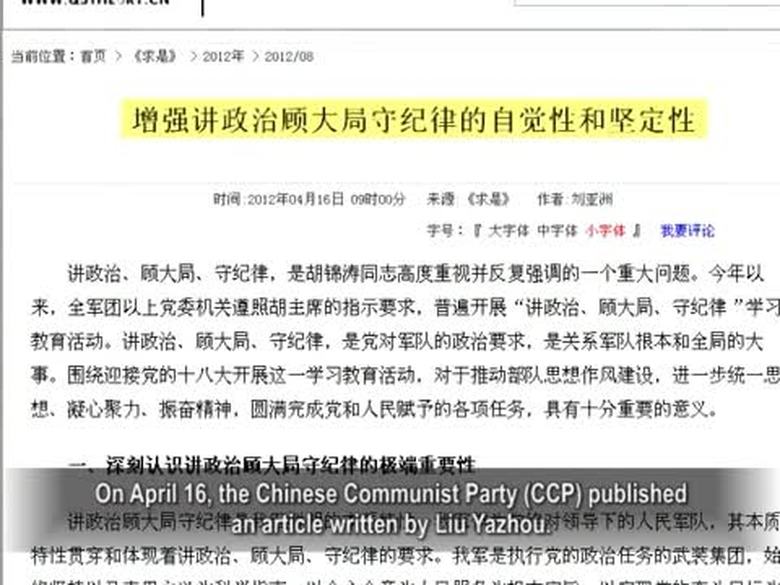
【禁聞】清洗左派?民主派將軍劉亞洲表忠
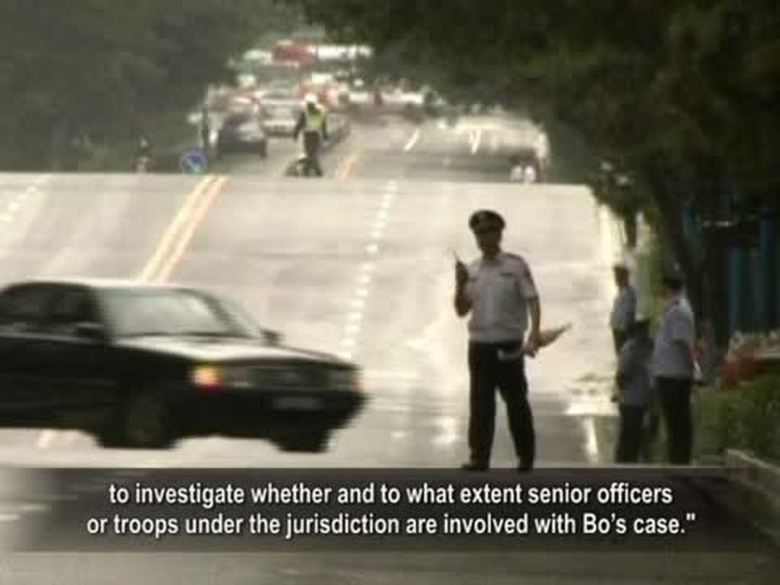
【禁聞】軍委五調查組赴雲貴 還有誰涉薄案?
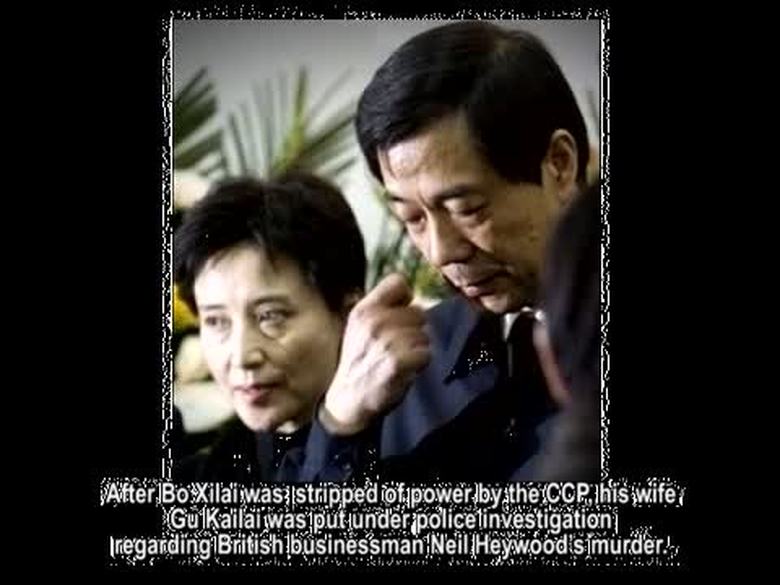
【禁聞】遠離中國! 薄瓜瓜 王露露尋保護
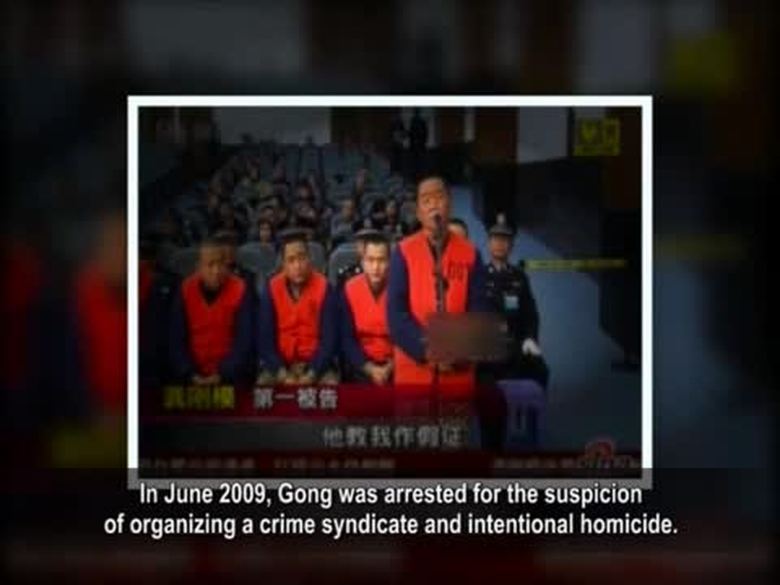
【禁聞】李莊遞交新證據 重慶法院簽收
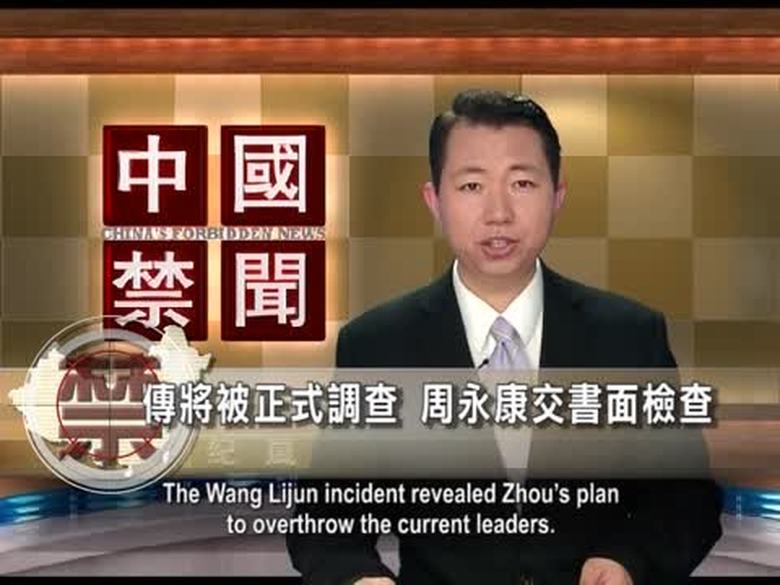
【禁聞】傳將被正式調查 周永康交書面檢查
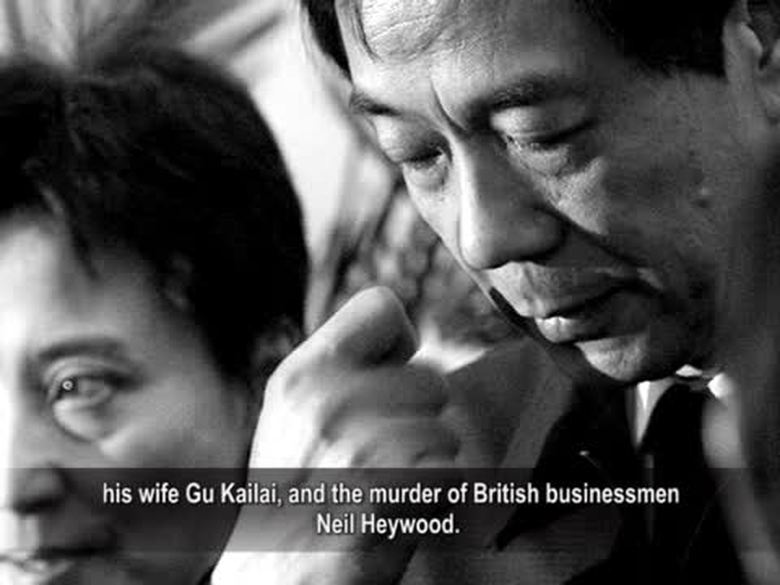
【禁聞】英媒問仔細 廣發薄熙來案
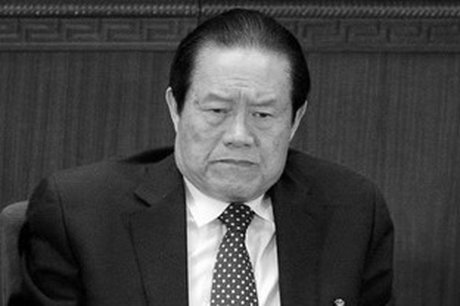
【禁聞】周永康「告老還鄉」分析指難逃法網
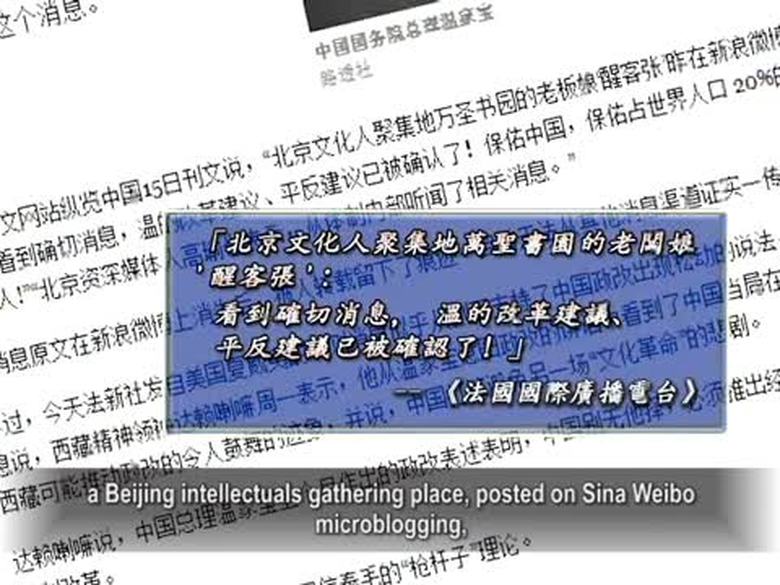
【禁聞】傳溫政改通過 能保佑世界20%人口?
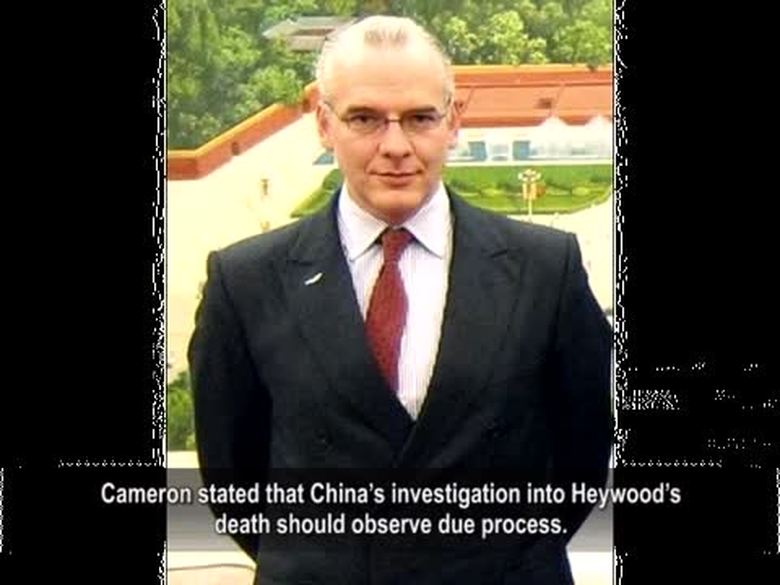
【禁聞】海伍德之死 英首相:協助調查








